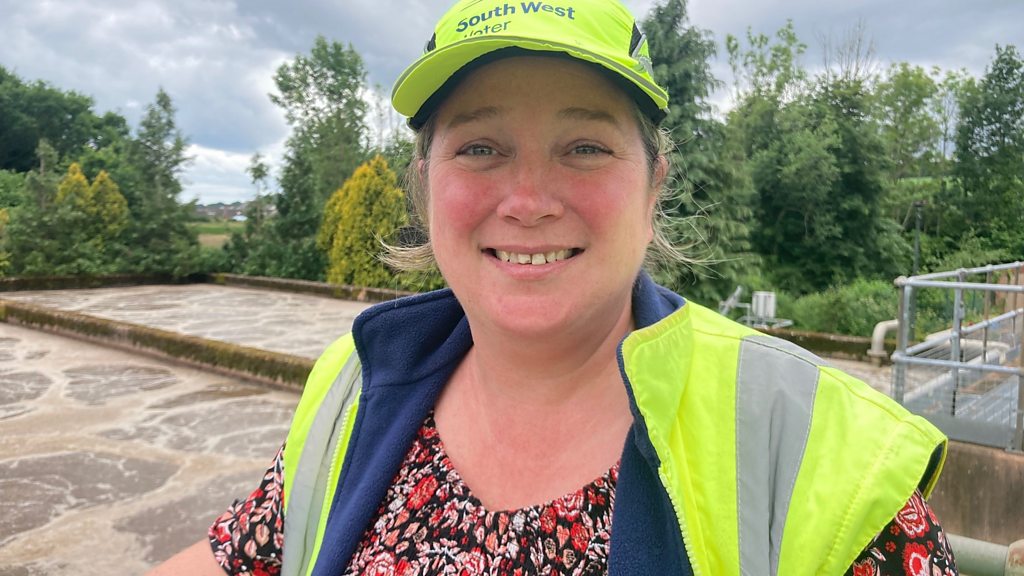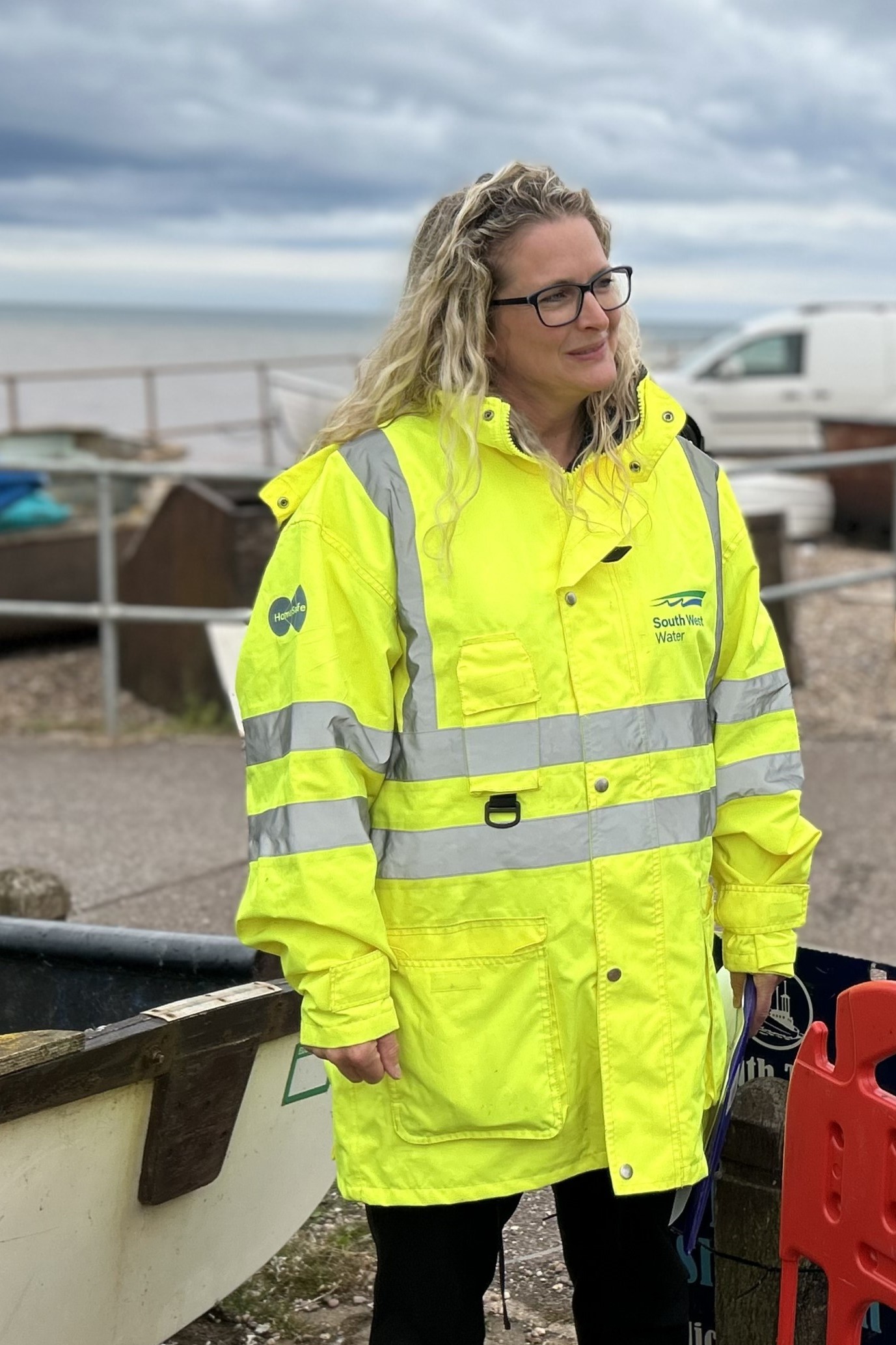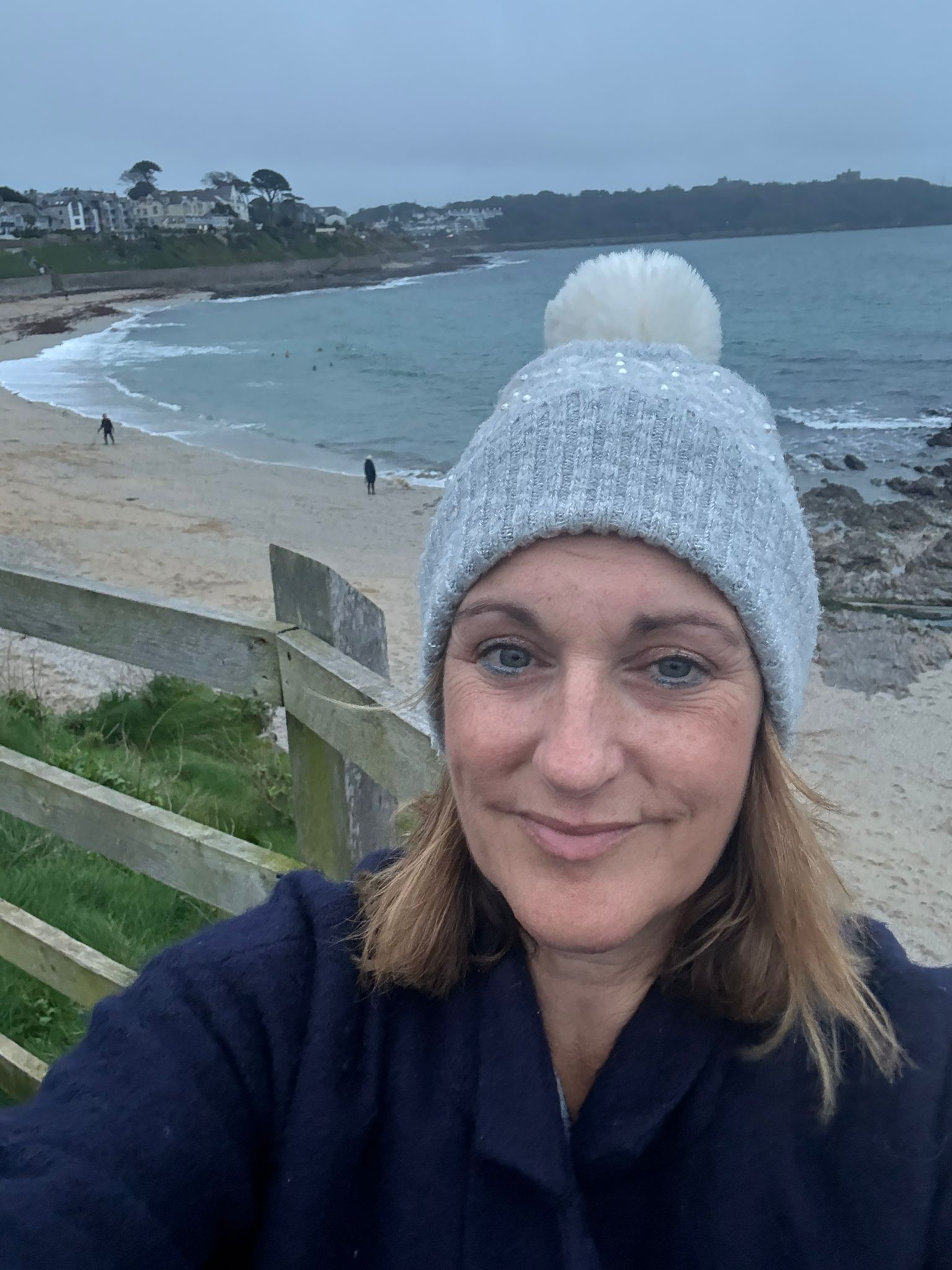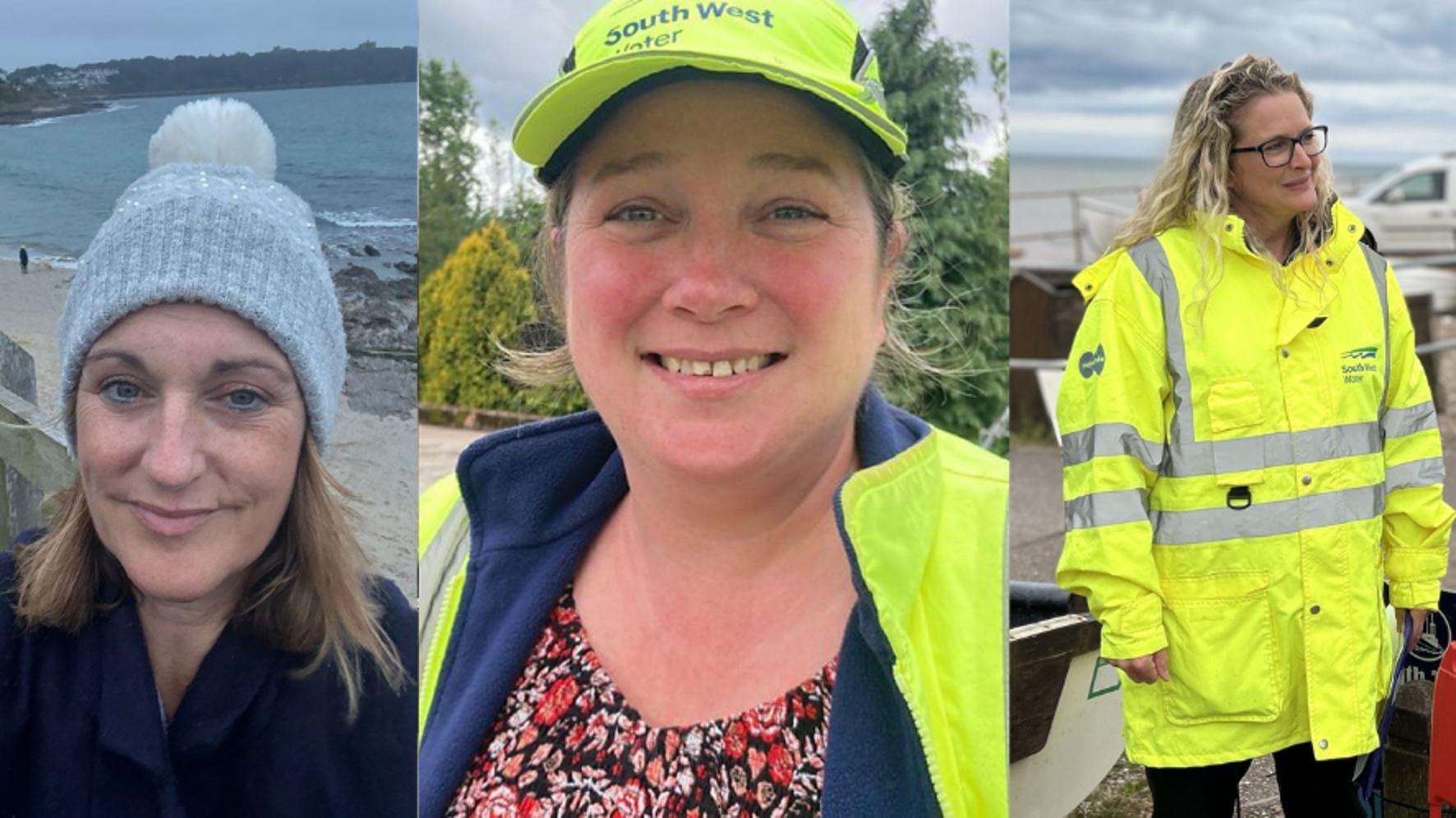Behind the scenes of the region’s pipes, pumps and treatment works, a team of women are helping to reshape how South West Water manages wastewater, protecting rivers, seas and communities from harm.
This year, engineer Hazel Tranchant, operations leader Jenny Eamer, and environmental performance expert Helen Dobby have led projects that are cutting storm overflow spills, upgrading infrastructure and improving understanding of how water quality changes throughout the year. Together, they’re proving that progress in wastewater is about more than science - it’s about people, persistence and pride in making things better for customers in the South West.
“We’ve made things better and we’re not stopping there”

For Operations Manager, Jenny Eamer (pictured above), leading wastewater operations in Mid and East Devon is about teamwork and tenacity.
“Over the past two years I’ve been really focused on building a high-performing, collaborative team that’s delivered real results,” said Jenny. “We’ve seen a significant reduction in pollutions and storm overflows. It’s about showing our customers and communities that we care, and that we’re doing everything we can to protect the environment.”
Jenny started her South West Water journey 15 years ago in the control centre, where her curiosity for the industry quickly turned into a career-long commitment. She now manages key improvement projects in catchments such as Exmouth and the Maer Lane Sewage Treatment Works upgrade.
She’s also working with a team using the latest ‘smart tech’ – 3D cameras and drones - to spot faults in wastewater infrastructure and make underground surveys safer for staff.
Looking ahead, Jenny is focused on developing future leaders and fostering what she calls a “culture of innovation and accountability.”
“My goal is to keep learning about technology and innovation. They are moving fast, and we can use them to make operations smarter and more sustainable. I also find it incredibly rewarding to share knowledge with others coming into the industry. We all learn more when we learn together.”
“The difference is significant”

Few people know the South West wastewater network like Hazel Tranchant (left), Head of Tactical Asset Management. After 20 years with South West Water, she now leads a team of engineers and scientists determined to reduce reliance on storm overflows.
And the numbers show it’s working. In Exmouth, the number of spills from overflows has more than halved this year compared with 2024.
“Our teams are seeing results,” said Hazel. At Hartopp Road Pump Station we discovered groundwater was being pumped into the sewer network, overloading it and causing spills. We’ve since modified the system so that water returns directly to the environment instead and so far this year spills have nearly halved compared to 2024.
“It’s not an exact science, some of the improvement comes from changes in rainfall patterns but knowing that engineering solutions are making a visible difference is really motivating.”
At Lime Kilns, as well as replacing pumps, the team has lined sewers and sealed manholes, preventing groundwater from seeping into nearly a kilometre of pipes.
“It’s been a big job, but the impact is huge,” Hazel said. “Spills there have dropped from 204 last year to just 60 so far in 2025. We’re proud of what’s been achieved, but we’re under no illusions - there’s still more to do and this work is currently being assessed to ensure we meet the targets we need to."
“Understanding what happens beyond the bathing season”

Helen Dobby, Head of Environmental Performance (left), has spent her career turning data into action. This year, her focus has been on understanding how bathing water quality behaves in winter, long after the holiday crowds have gone home.
Helen's team ran an out-of-season bathing water sampling pilot across 14 beaches and one shellfish water, including Exmouth.
“Our winter sampling pilot has been incredibly valuable, both scientifically and practically,” Helen explained. “It’s helped us to better understand how water quality changes outside the bathing season. In Exmouth, for example, quality remained good throughout the year, which was really encouraging. We’ve published all the results on our website so people can see the data for themselves.”
South West Water is working to ensure that data is shared, explained and easy to understand for everyone. Looking to the future, Helen and her team are working with Exeter University to consider how water quality models could look.
“We’re also looking to use new technology, drones and AI to help us understand our catchments more fully,” said Helen. “Protecting and enhancing our bathing waters through working collaboratively with communities, like Exmouth, is key. We are committed to doing this now and in the future.”
Ongoing investment in Exmouth and beyond
South West Water operates more than 14,000 miles of sewers across one of the UK’s most challenging landscapes. When issues arise, the company’s focus is on putting them right fast and investing to prevent them happening again.
In Exmouth alone, £38 million is being spent to protect the environment and help the beach maintain its ‘excellent’ bathing water quality status, which it has held since 2016. This includes upgrading pumping stations and treatment works to significantly reduce the number of spills.
Jenny, Hazel and Helen agree that progress is real - but it never stops. Backed by its largest-ever investment programme and the dedication of teams across the region, South West Water says it is committed to continuing the hard work to protect the environment and make the changes customers want to see.
